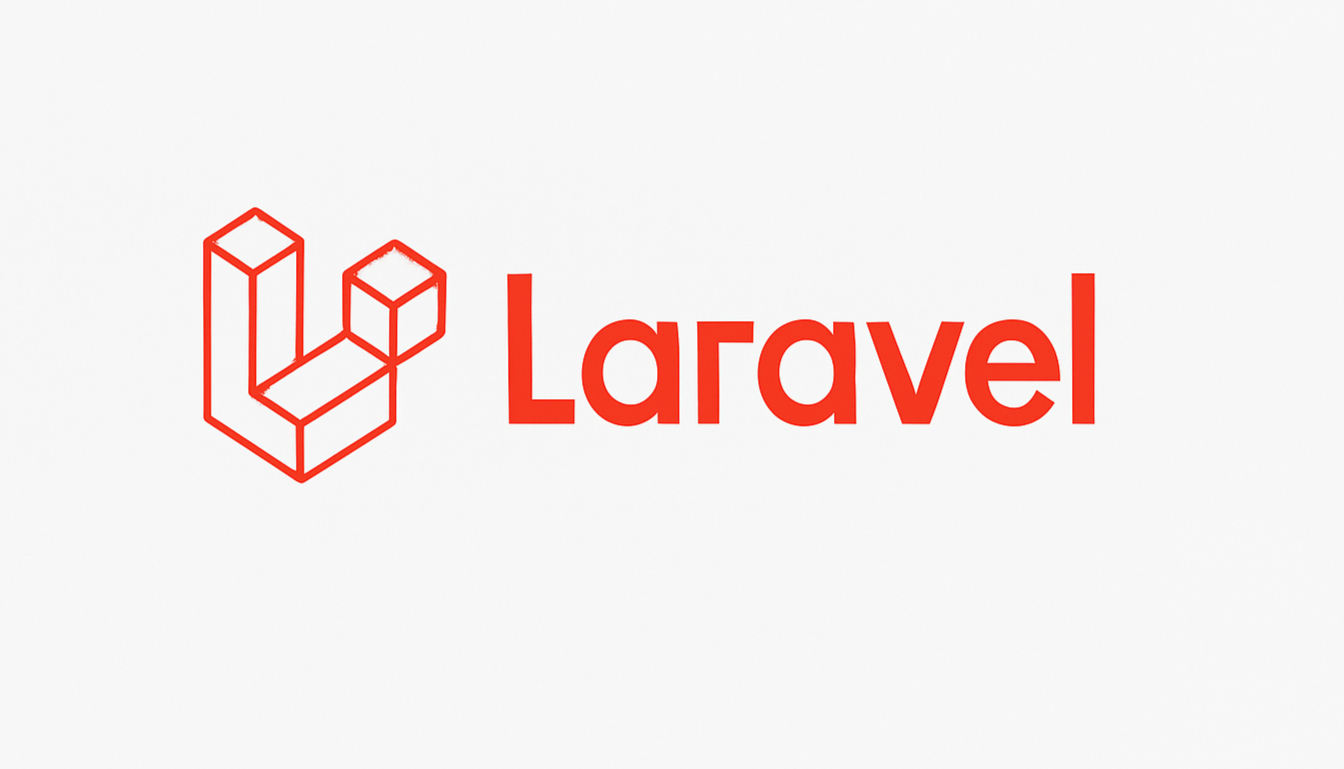2nd Mar 2026
If you're searching for "is Laravel a good framework?", the answer is a resounding yes. Laravel is one of the most popular PHP frameworks, trusted by developers worldwide for building scalable and secure web applications.
In this blog post, we’ll explore 10 reasons why Laravel is a good PHP framework, answer common questions like "what is Laravel framework used for?", and teach you the Laravel framework step-by-step.
What is Laravel Framework?
The PHP framework Laravel was created with the Model-View-Controller (MVC) architecture in mind for creating online applications. It streamlines processes like sessions, caching, routing, and authentication, which speeds up and improves development.
Is Laravel a Full Stack Framework?
Yes, Laravel is considered a full-stack framework because it handles both backend (server-side logic) and frontend (views, Blade templating) development.
What is Laravel Framework Used For?
Laravel is used for:
-
Building web applications
-
Creating RESTful APIs
-
Developing e-commerce platforms
-
Crafting CMS (Content Management Systems)
Now, let’s dive into the 10 reasons why Laravel stands out as a top PHP framework.
10 Reasons Why Laravel is a Good PHP Framework
1. MVC Architecture for Clean Code
Laravel follows the MVC pattern, separating business logic from presentation. This makes code:
-
Easier to maintain
-
More scalable
-
Better structured
2. Built-in Authentication & Authorization
Laravel provides out-of-the-box authentication with simple commands:
php artisan make:auth
This generates login, registration, and password reset functionalities without writing boilerplate code.
3. Eloquent ORM for Database Management
Developers can use PHP syntax rather than SQL to communicate with databases thanks to Laravel's Eloquent ORM. Example:
$users = User::where('active', 1)->orderBy('name')->get();
This makes database operations intuitive and secure.
4. Blade Templating Engine
Laravel’s Blade templating engine enables dynamic content rendering with minimal overhead. Features include:
-
Template inheritance
-
Control structures (
@if,@foreach) -
Reusable components
5. Artisan CLI for Productivity
Laravel’s Artisan command-line tool automates repetitive tasks like:
-
Creating controllers (
php artisan make:controller) -
Running migrations (
php artisan migrate) -
Generating models (
php artisan make:model)
6. Robust Security Features
Laravel includes:
-
CSRF (Cross-Site Request Forgery) protection
-
SQL injection prevention
-
Encrypted password storage
This ensures applications are secure by default.
7. Laravel Ecosystem & Packages
Laravel has a rich ecosystem with tools like:
-
Laravel Forge (Server management)
-
Laravel Vapor (Serverless deployment)
-
Laravel Nova (Admin panel)
8. Database Migrations & Seeding
Laravel’s migration system allows version control for databases. Example:
php artisan make:migration create_users_tableSeeding helps populate databases with test data easily.
9. Testing & Debugging Made Easy
Laravel supports PHPUnit for testing and includes:
-
HTTP tests
-
Browser tests (Dusk)
-
Exception handling
10. Large Community & Documentation
Laravel has:
-
Extensive official docs
-
Active forums (Laracasts, GitHub, Stack Overflow)
-
Regular updates (Laravel 11 latest release)
How Laravel Framework Works?
Laravel processes requests as follows:
-
Request → Received by
public/index.php -
Routing → Defined in
routes/web.php -
Middleware → Filters requests (e.g., auth check)
-
Controller → Handles business logic
-
Model → Interacts with database
-
View → Rendered via Blade
How to Learn Laravel Framework Step by Step
-
Learn PHP Basics (Variables, loops, functions)
-
Understand MVC Architecture
-
Install Laravel via Composer:
composer create-project laravel/laravel project-name -
Follow Laravel’s Official Docs
-
Build a Simple CRUD App (Blog, Todo list)
-
Explore Advanced Features (API, Queues, Events)
Conclusion
Laravel's scalability, security, and clear syntax make it one of the top PHP frameworks. Regarding the question, "Is Laravel a full-stack framework?", the answer is clear—it simplifies development while maintaining performance.
Ready to start? Install Laravel today and explore its powerful features!



Leave A Reply
Your email address will not be published. Required fields are marked